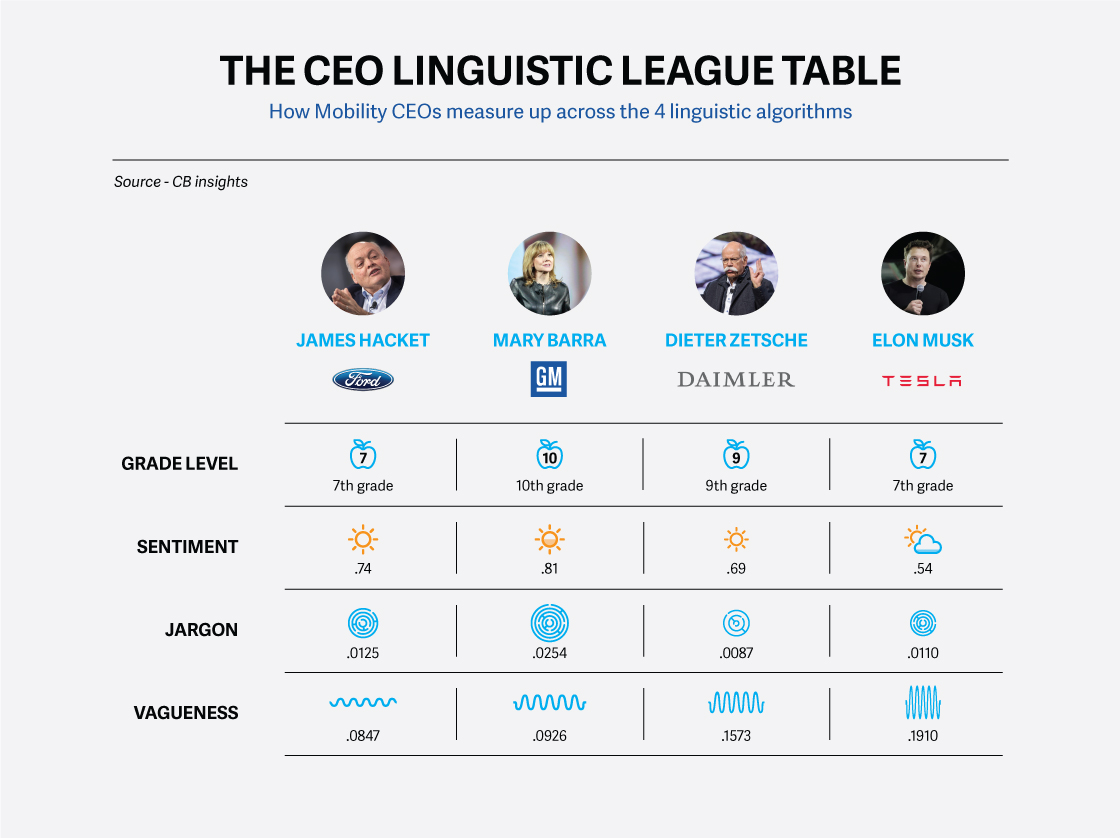One of the most alarming comments that we had once received from a client was that our communication resembled an amateur college project. Worse still, we were told that it seemed like a seventh grader had written it. Typically, we are advised by clients to write content that is creative and simplistic yet 'business-savvy' and professional.
It immediately spurred us on to evaluate what strategic messaging should entail and if seventh graders must, on principle, be excluded from understanding it.
"What is the most effective way to communicate," we ask ourselves?
As an example, we compare two sentences from a Chairman’s message to his shareholders:
Sentence A. 'During the year, we undertook a rightsizing exercise, moulding the Company to optimise shareholder value.'
Sentence B. 'The reporting year witnessed your Company go ahead with a tough decision. As a result, unpopular as it may seem, we let go of some members of the workforce and focused on our shareholders’ concerns about our profitability.'
Albert Einstein's answer is pretty straightforward: 'If you can't explain it simply, you don't understand it well enough.' The lesson we draw is a definite one: it is important to bring to the fore what you want people to know in a manner that is easy to understand. So, Sentence B definitely wins here!
Today, analysts use 'complexity grade level' and 'jargon' as parameters in their analysis. Using more jargon and, more importantly, a variation of language and style across quarters, is said to be an indication that you are trying to hide something or are less sure.
Our aim is to simplify our messaging to stakeholders, producing clarity of purpose. People distrust what they do not understand, or what they perceive as doublespeak, or things that are made unnecessarily complex. To communicate effectively, well-organised ideas should be moulded into complete, coherent sentences. Using highbrow English might induce verbophobia among the readers! The key is to abide by clear communication, which is an anchor of confidence. Good writers can say a lot with as few words as possible.
New York-based data analytics firm CB Insights compared mobility CEOs across different linguistic algorithms, analysing their earnings-call transcripts.


















